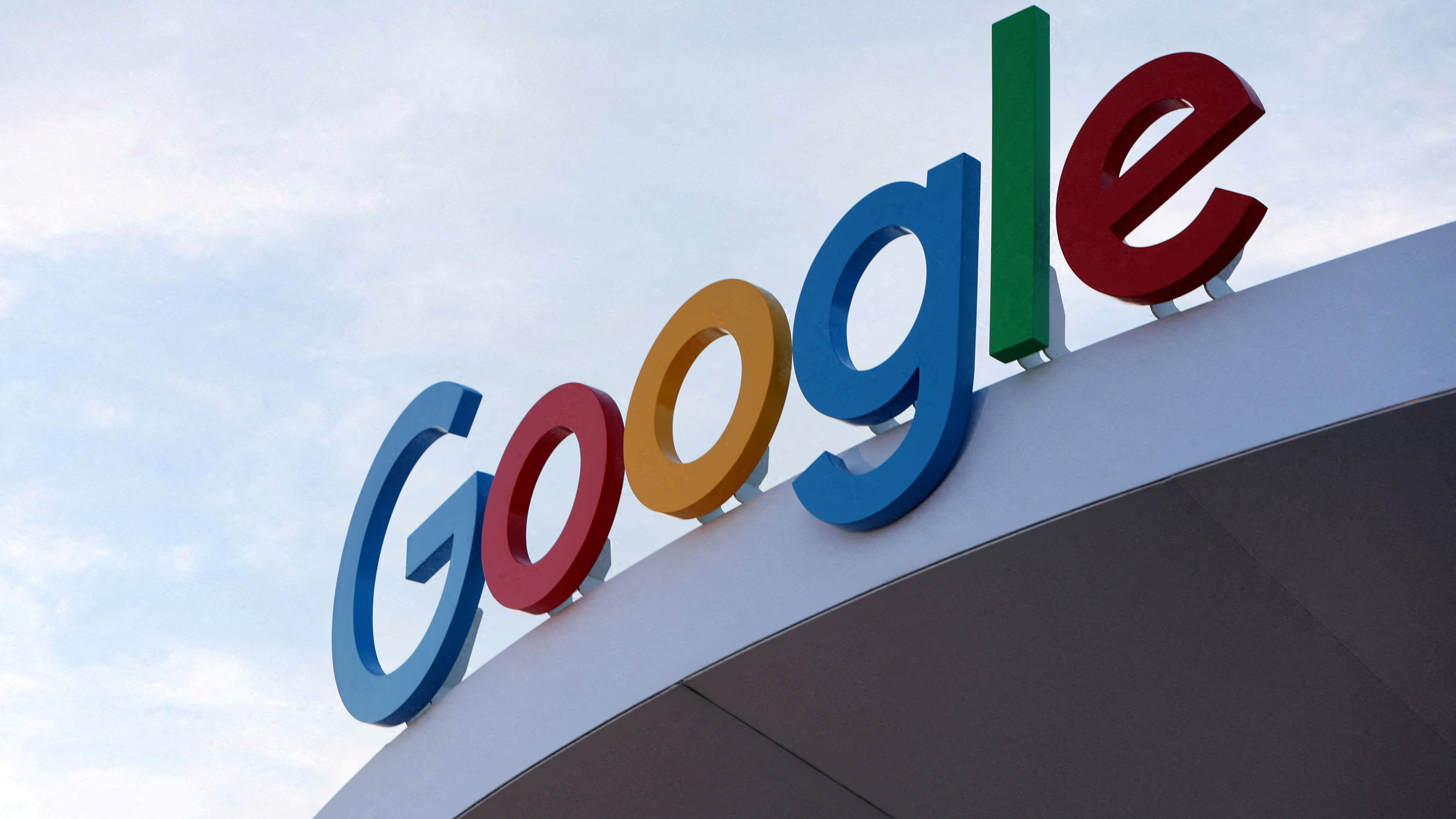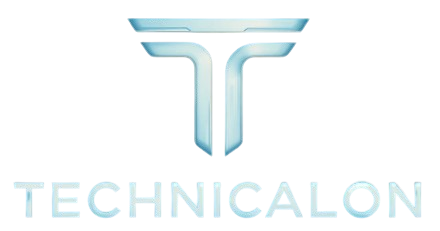Nvidia and OpenAI’s newly announced $100 billion partnership marks the latest seismic shift in the AI infrastructure arena. The deal, unveiled Monday, centers on non-voting shares linked to large-scale chip purchases, providing computing capacity equivalent to powering over 5 million U.S. homes. It significantly strengthens the alliance between two of the sector’s most influential forces.
In contrast, Google Cloud is pursuing a different strategy. Rather than doubling down on mega-partnerships, the company is aggressively targeting the next wave of AI startups—seeking to lock them in early, before they grow beyond reach.
Google Cloud’s Bold AI Bet Under New COO deSouza
Francis deSouza, Google Cloud’s new COO, has had a front-row seat to the AI revolution from multiple vantage points. As CEO of genomics leader Illumina, he witnessed machine learning reshape drug discovery. Later, as co-founder of the alignment startup Synth Labs, he confronted the risks posed by increasingly powerful models. Now, after joining Google Cloud’s leadership team in January, he is steering the company’s boldest bet yet on AI’s next wave.
DeSouza frames the story in numbers. In conversation, he repeatedly highlights that nine of the world’s ten leading AI labs rely on Google’s infrastructure. Nearly every generative AI unicorn also runs on Google Cloud, he notes, with 60% of all generative AI startups worldwide choosing Google as their provider. The company has already secured $58 billion in future revenue commitments over the next two years—more than double its current annual run rate.
When pressed on how much of Google Cloud’s revenue comes from AI, he sidesteps specifics, instead emphasizing that “AI is resetting the cloud market, and Google Cloud is leading the way, especially with startups.”
The broader landscape underscores his point. Nvidia’s partnership with OpenAI reflects the scale of consolidation reshaping AI infrastructure. Microsoft’s initial $1 billion investment in OpenAI has swelled to nearly $14 billion. Amazon has poured $8 billion into Anthropic, securing customized hardware optimized for its own infrastructure. Even Oracle has surged into the spotlight, landing a $30 billion deal with OpenAI and, starting in 2027, a staggering $300 billion five-year commitment.
Meta, despite developing its own infrastructure, committed $10 billion to Google Cloud while outlining $600 billion in U.S. infrastructure investments through 2028. Meanwhile, the Trump administration’s $500 billion “Stargate” initiative—backed by SoftBank, OpenAI, and Oracle—further underscores the depth of these interconnected partnerships.
These massive agreements may appear worrisome for Google, as companies like OpenAI and Nvidia continue forging high-profile partnerships. At times, it even seems as though Google is being sidelined amid the rush of dealmaking.

Google Cloud isn’t standing idle. Instead, it’s courting smaller firms such as Loveable and Windsurf what deSouza calls the next generation of companies coming up and positioning itself as their primary computing partner without demanding heavy upfront commitments.
The tactic is as much necessity as it is opportunity. In a landscape where startups can scale into multibillion-dollar enterprises almost overnight, securing relationships with potential unicorns early may be more valuable than competing for today’s established titans.
This play goes beyond customer acquisition. Google is offering AI startups up to $350,000 in cloud credits, direct access to its engineering teams, and go-to-market exposure through its marketplace. On the technology side, Google Cloud delivers what deSouza describes as a no compromise AI stack from custom chips to models and applications built on an open ethos that preserves choice at every layer.
Companies love that they can tap into our AI stack, work with our teams to see where the technology is heading, and run it all on enterprise-grade, Google-class infrastructure, deSouza says.
Google’s infrastructure strategy has grown even more ambitious, with recent reports revealing the company’s behind-the-scenes efforts to expand its custom AI chip business. According to The Information, Google has struck deals to deploy its tensor processing units (TPUs) in third-party cloud providers’ data centers for the first time. One such agreement with London-based Fluidstack includes up to $3.2 billion in financial support for a new facility in New York.
Balancing direct competition with AI firms while simultaneously serving as their infrastructure provider requires no small degree of finesse. Google Cloud not only supplies TPUs to OpenAI but also hosts Anthropic’s Claude model on its Vertex AI platform even as Google’s own Gemini models go head-to-head with both. Alphabet, Google Cloud’s parent company, also owns a 14% stake in Anthropic, as disclosed in court filings earlier this year. When asked about this relationship, Google Cloud CEO Thomas Kurian deSouza described it as a “multi-layered partnership” before quickly steering the conversation toward Google Cloud’s model marketplace, where customers can access a variety of foundation models.
If Google is aiming to play the role of a neutral facilitator while advancing its own interests, it has precedent to draw from. The company’s history of open-source contributions from Kubernetes to the seminal Attention Is All You Need paper that pioneered the transformer architecture—illustrates its long-standing commitment to openness, even in highly competitive domains. More recently, Google introduced an open-source protocol called Agent-to-Agent (A2A), designed for inter-agent communication, as further evidence of that ethos.
“We have made the explicit choice over the years to be open at every layer of the stack, and we know that this means companies can absolutely take our technology and use it to build a competitor at the next layer, deSouza noted. That’s been happening for decades. That’s something we are okay with.
Google Cloud’s outreach to startups comes at a particularly delicate moment. Earlier this month, federal judge Amit Mehta issued a carefully balanced ruling in the Justice Department’s long-running antitrust case over Google’s search monopoly. While Google avoided the harshest potential remedies such as a forced divestiture of its Chrome browser—the decision highlighted growing regulatory concerns that Google could leverage its dominance in search to establish a similar grip on AI. Critics argue that the company’s unrivaled access to search data gives it an unfair edge in training AI systems and fear that Google may replicate the monopolistic tactics that cemented its search dominance.
DeSouza, however, prefers to emphasize the upside. He envisions Google Cloud enabling breakthroughs in areas such as Alzheimer’s, Parkinson’s, and climate research. “We want to work very hard to make sure that we are pioneering the technologies that will enable that work,” he said.
Still, skepticism remains. By positioning Google Cloud as an open platform that empowers, rather than controls, the next wave of AI companies, the company may be hoping to persuade regulators that it fosters competition instead of stifling it. At the same time, cultivating deep ties with startups could strengthen Google’s case if regulatory scrutiny intensifies.
Conclusion
Google Cloud is aggressively courting early-stage AI companies offering credits, infrastructure, technical support, and marketing help to lock in the next generation of AI unicorns before they scale. Rather than competing only for established giants, Google is seeding future dominance. This strategy leverages openness and flexibility to attract startups, while positioning Google’s core infrastructure as indispensable a long-term bet on influence and leadership in AI.

